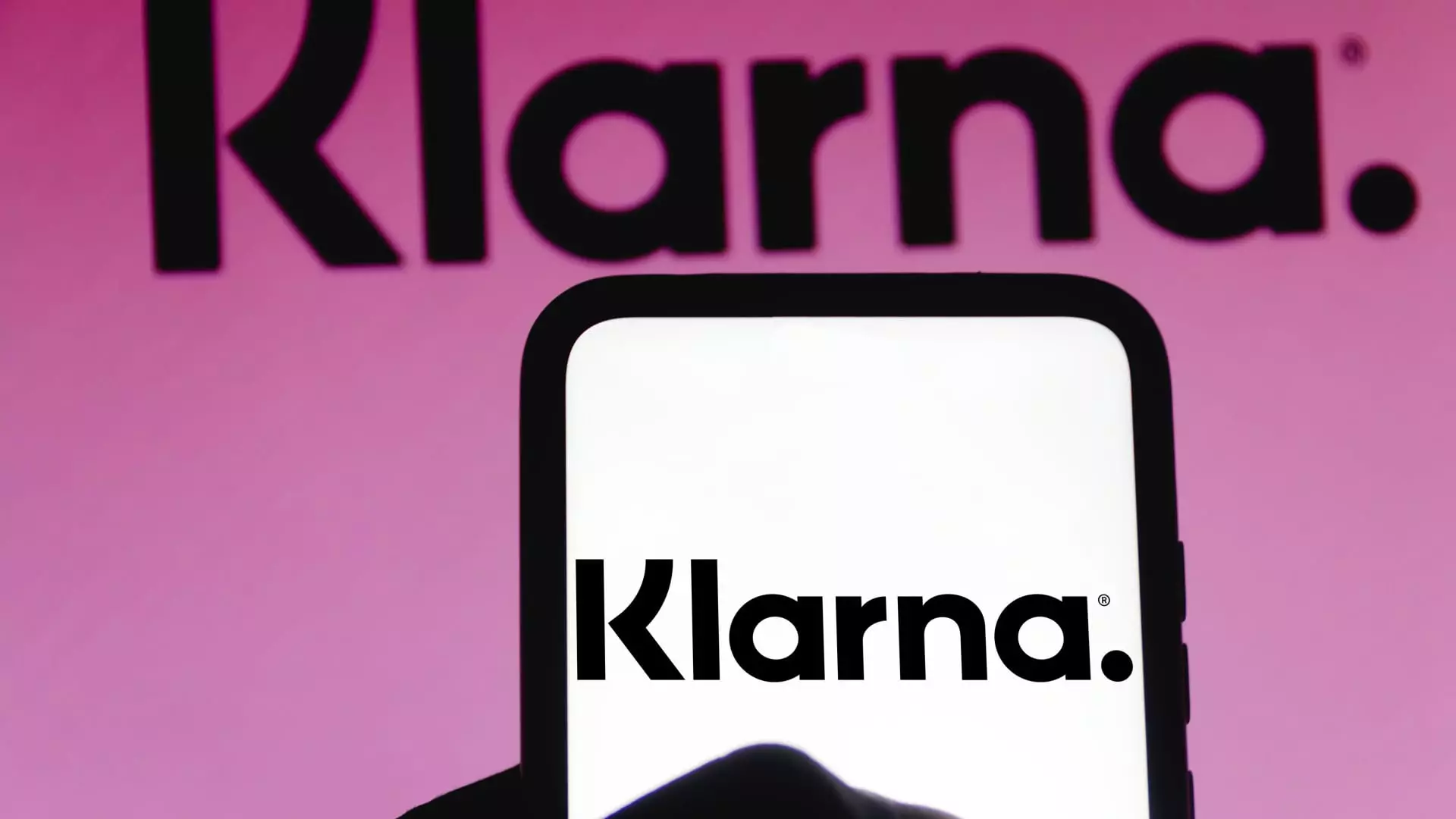Swedish financial technology company, Klarna, recently announced that a significant portion of its workforce has embraced the use of generative artificial intelligence tools in their daily tasks. With nearly 9 out of 10 employees, totaling 5,000 individuals, utilizing generative AI, Klarna is leading the way in incorporating this cutting-edge technology into its operations. The adoption of tools like OpenAI’s ChatGPT and Klarna’s own internal AI assistant has been particularly high among non-technical departments, with percentages as high as 92.6% in communications, 87.9% in marketing, and 86.4% in legal.
Klarna’s innovative approach to integrating generative AI stands out when compared to the broader corporate landscape. While a survey by Deloitte revealed that 61% of computer users incorporate generative AI programs into their work routines, Klarna’s utilization rate of over 87% showcases a more extensive integration of AI technologies within the organization. This increased adoption has been driven by the company’s development of its internal AI assistant, known as Kiki, which has become an invaluable resource for employees across various departments.
The practical applications of generative AI tools at Klarna are diverse and impactful. For instance, the communications teams leverage OpenAI’s ChatGPT to assess the sentiment of press articles related to the company, enabling them to gauge public perception more efficiently. Additionally, Klarna’s legal department has streamlined contract drafting processes by utilizing ChatGPT Enterprise, which has significantly reduced the time required to produce initial contract drafts. According to Selma Bogren, senior managing legal counsel at Klarna, the use of generative AI has resulted in a drastic decrease in contract drafting time, allowing the legal team to focus on more strategic initiatives.
In response to evolving market conditions and the economic impact of global events such as Russia’s invasion of Ukraine, Klarna made strategic decisions to optimize its operations and enhance profitability. The company’s shift towards leveraging AI technologies played a pivotal role in achieving these objectives. By streamlining processes, reducing costs, and improving operational efficiency, Klarna was able to report its first quarterly profit in four years, signaling a successful transition towards a more sustainable business model.
As Klarna continues to harness the power of generative AI tools, the company’s outlook remains promising. With ongoing advancements in artificial intelligence, Klarna is well-positioned to further enhance its operations, drive innovation, and deliver superior customer experiences. By embracing AI technologies and fostering a culture of continuous improvement, Klarna sets a precedent for other organizations seeking to leverage cutting-edge solutions to achieve long-term success in a rapidly evolving digital landscape.

